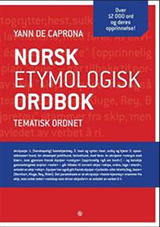- « Oversetter
- « Startside
- « Norsk
- « Norsklenker
- « Geografi
- « Engelsk
- « Siste nytt
- « Aftenposten
- « Dagbladet
- « VG
- « NRK
- « TV2
- « Nettavisen
- « Googlesøk
- « Googlemail
- « Google Maps No
- « Yahoo-mail
- « Hotmail
- « Google Docs
- « Google Photos
- « Google Sites
- « Blogger
- « Kalender
- « YouTube
- « Copyscape
- « Telefonkatalogen
- « Posten
- « Valutaomregner
- « NRK TV
- « TV 2 Play
- « Discovery+
- « Netflixl
- « HBO
- « HBO Max
- « Norwegian
- « SAS
- « Ryanair
- « Vueling
- « Easyjet
-

-